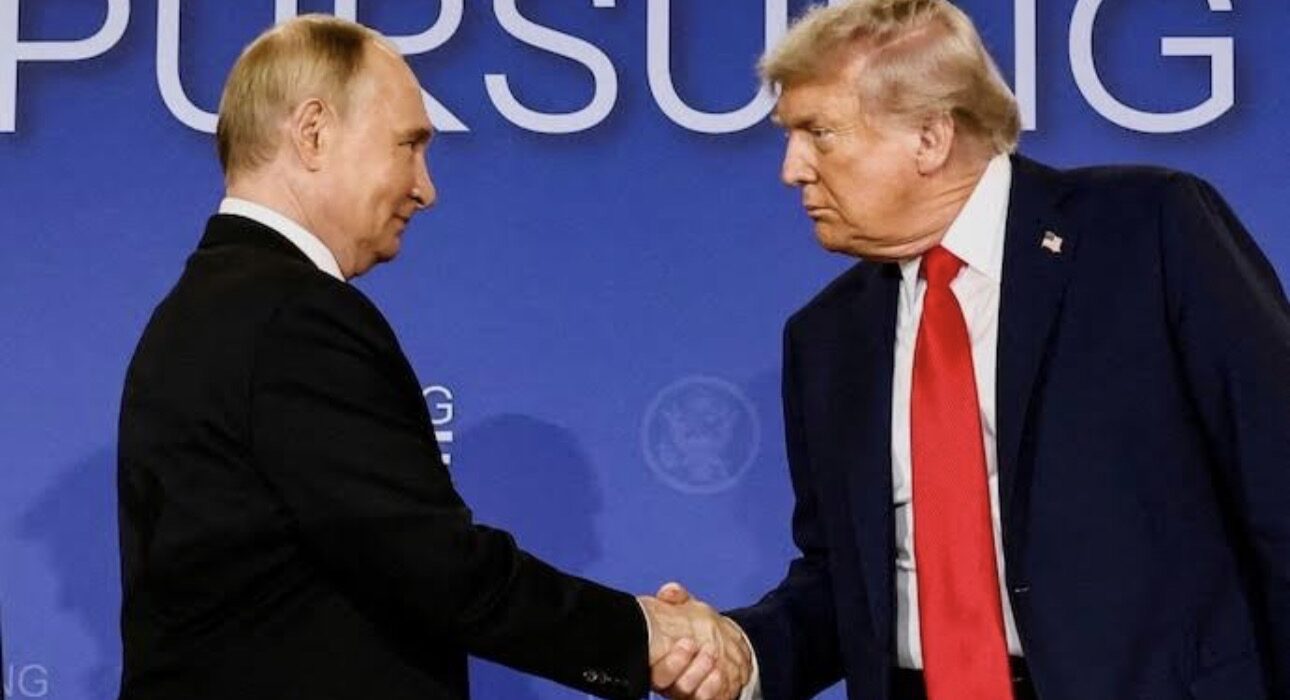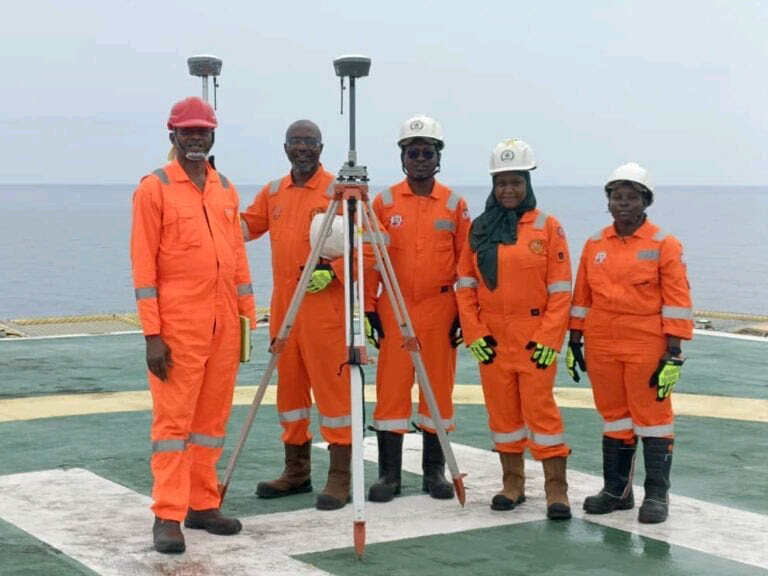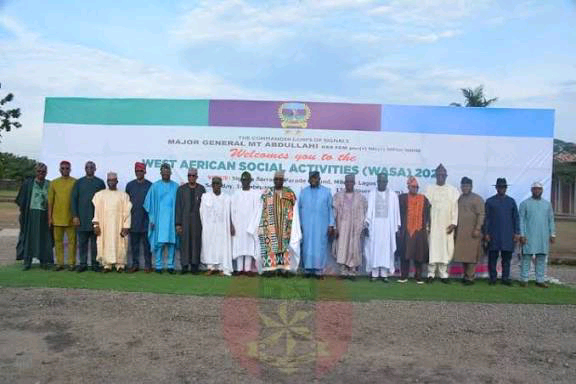Russia Offers One-Year Extension of Nuclear Arms Limits with U.S.

Russian President Vladimir Putin has announced that Moscow will continue to abide by the nuclear arms limits set under the New START treaty for one additional year, even after the agreement’s scheduled expiration on February 5, 2026.
The move, he said, was a gesture of restraint aimed at maintaining global stability, provided the United States reciprocates.
The New START treaty, signed in 2010, is the last remaining arms control pact between the two countries. It caps each side at 1,550 deployed strategic nuclear warheads and restricts delivery systems such as intercontinental ballistic missiles, submarine-launched missiles, and heavy bombers. Although Russia suspended inspections under the treaty in 2023 amid strained relations with Washington, it has continued to observe the numerical limits on its arsenal.
In his statement, Putin emphasized that Moscow’s decision to voluntarily extend the limits was not unconditional.
He warned that the U.S. must also honor the same restrictions, and cautioned that future U.S. missile defense programs or actions that upset what Russia sees as the strategic balance could undermine the extension.
“We will watch carefully,” he said, adding that after the one-year extension, Russia would reassess whether to continue adhering to the limits.
Analysts say the extension signals Russia’s desire to prevent a rapid arms race once New START expires, while also seeking to reopen dialogue on nuclear stability. Without the treaty’s constraints, both Washington and Moscow would be free to expand their arsenals unchecked at a time when tensions over Ukraine and NATO remain high.
In Washington, officials have not yet formally responded to Putin’s offer. Some experts argue that while the Russian move helps avert immediate escalation, the lack of verification and inspections—suspended since 2023—undermines confidence in compliance.
Others note that a one-year reprieve may only delay, rather than resolve, the looming challenge of arms control in a post-New START world.
For now, Putin’s proposal offers a temporary bridge, but whether it leads to fresh negotiations or collapses into renewed confrontation depends on how the U.S. chooses to respond in the coming months.









